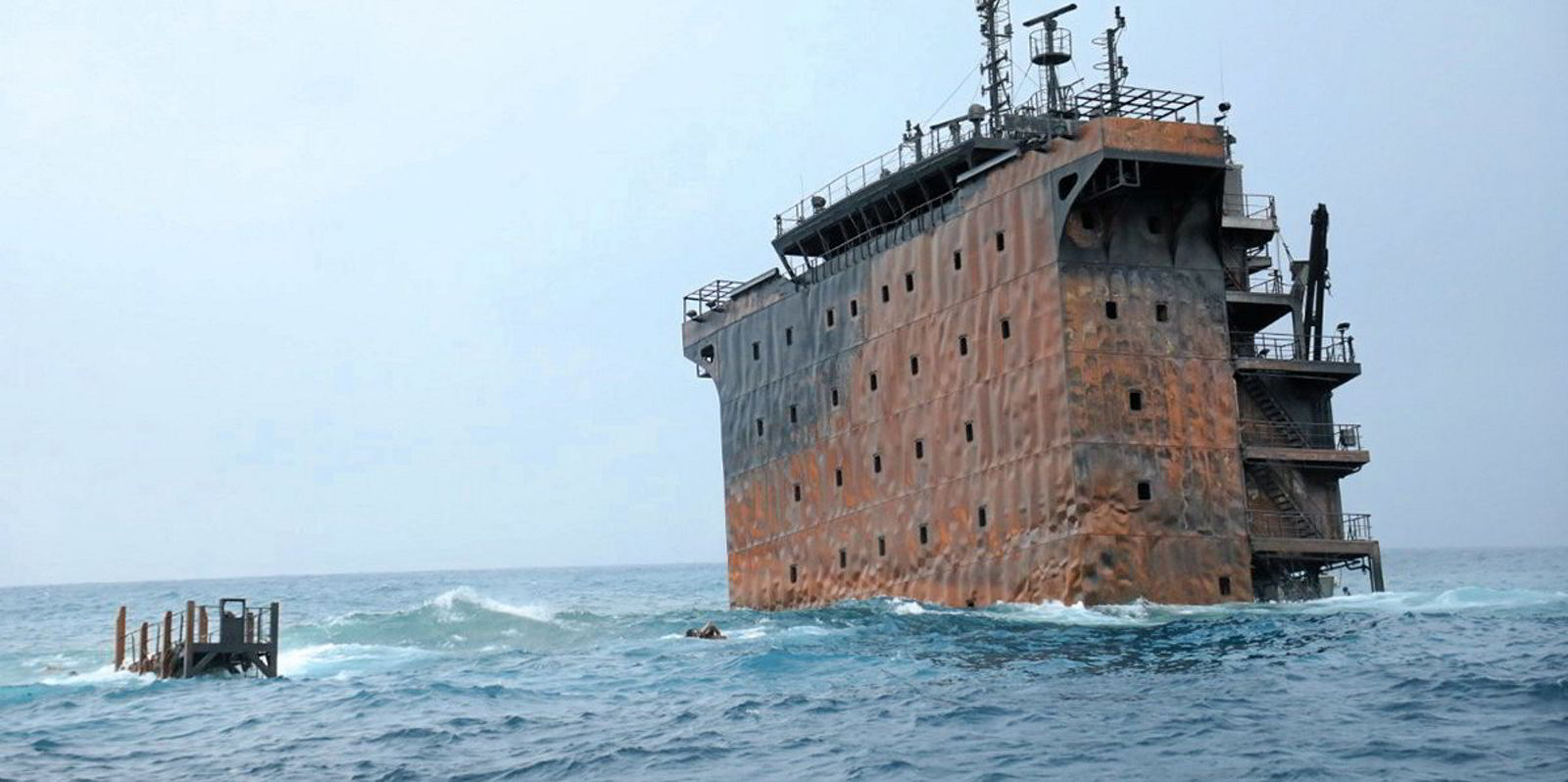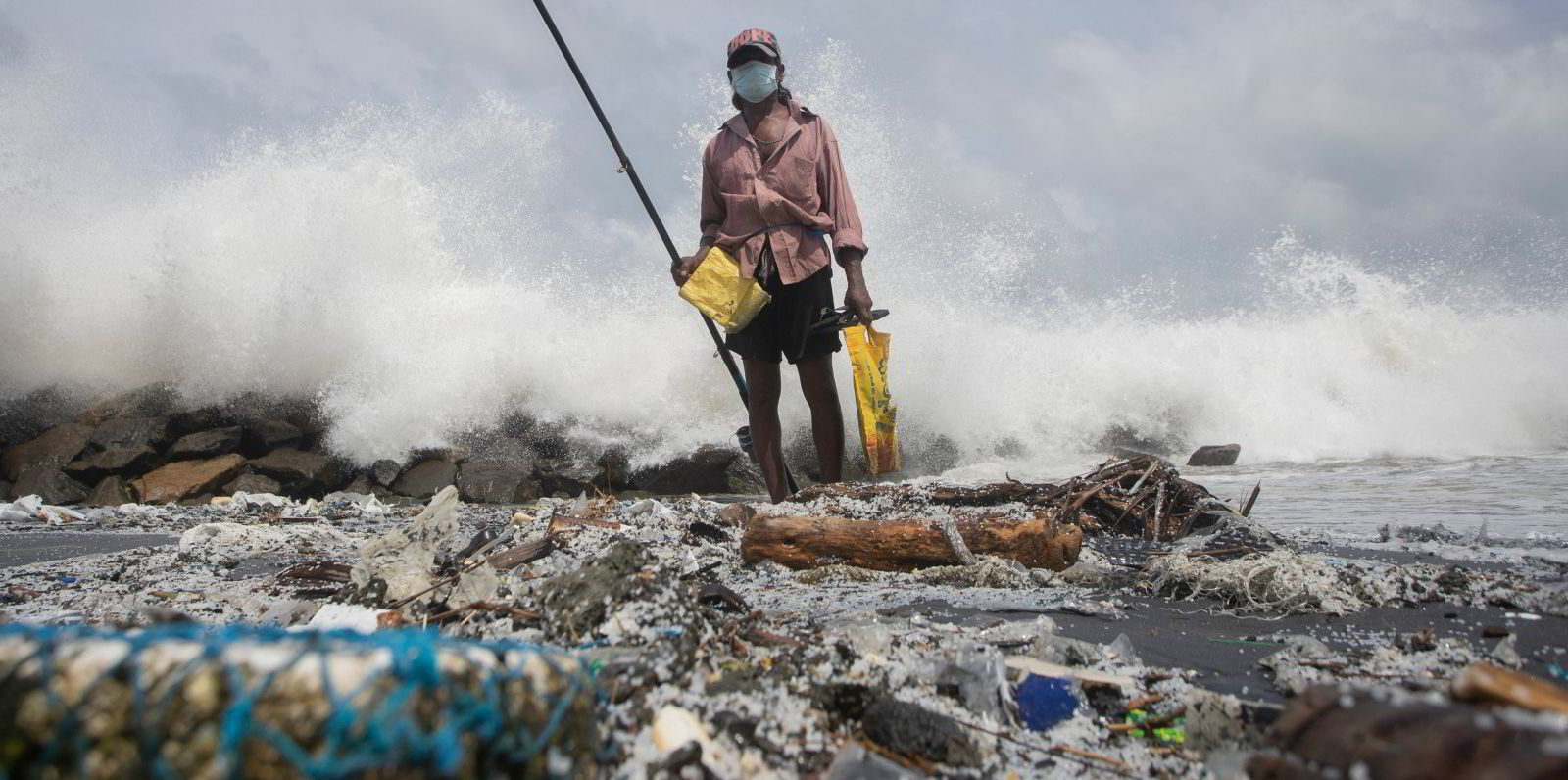New stowage recommendations for plastic pellets — known as nurdles — have been agreed in the wake of the X-Press Pearl container ship disaster off Sri Lanka.
Nurdles are lentil-sized pellets that are the building blocks for plastic products. Packed with chemicals, they are often mistaken for food by marine life and can break down into smaller microplastics.
The 2,756-teu X Press Pearl (built 2021) grounded and suffered a catastrophic fire off Sri Lanka in 2021. The casualty highlighted the environmental damage that can be caused by 11,000 tonnes of plastic pellets spilling out into the sea and washing up on nearby coastlines.
The International Maritime Organization’s Sub-Committee on Pollution Prevention & Response (PPR) meeting last week drew up draft recommendations for the transportation of nurdles.
It recommends that plastic pellets are contained in good quality packaging, constructed and closed to prevent loss of contents by vibration or acceleration forces.
Transport information should clearly identify those freight containers containing plastic pellets.
The shipper should also supplement cargo information with a special stowage request.
Freight containers containing plastic pellets should be properly stowed and secured to minimise the hazard to the marine environment without impairing the safety of the ship and personnel.
Freight containers containing plastic pellets should be stowed under deck, if practical, or inboard in sheltered areas of exposed decks.
A draft text will be submitted to the Sub-Committee on Carriage of Cargoes & Containers this year and could be approved by the Marine Environment Protection Committee in the spring of 2024.
The PPR meeting also agreed on guidelines to control and manage ships’ biofouling to minimise the transfer of invasive aquatic species.
Biofouling is the accumulation of aquatic organisms on wet or immersed surfaces such as ships and other offshore structures.
Biofouling management helps protect marine biodiversity by preventing the transfer of invasive species. A clean hull also reduces the ship’s greenhouse gas emissions by improving fuel efficiency.





